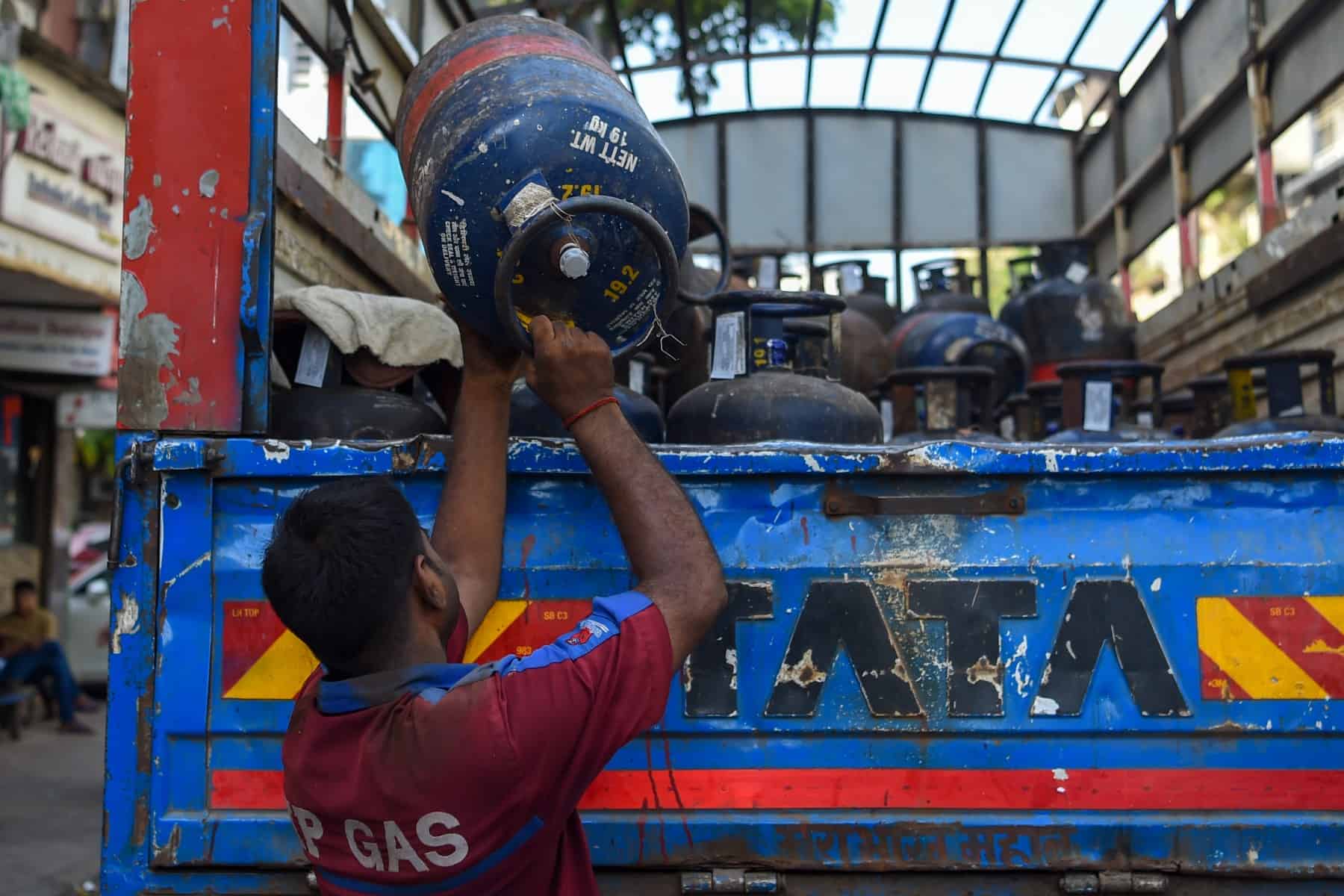India’s central bank announced a surprise interest rate hike of 0.4 percentage points on Wednesday, as Asia’s third-biggest economy reels from galloping inflation in the wake of the Ukraine war.
In its first increase in borrowing costs since August 2018, Reserve Bank of India governor Shaktikanta Das said it would “increase the policy repo rate by 40 basis points to 4.40 percent with immediate effect.”
The announcement came hours before the US Federal Reserve was expected to undertake its largest rate hike in two decades in response to accelerating inflation in the world’s biggest economy.
This could spark capital outflows from emerging markets such as India.
The Indian economy bounced back strongly from the pandemic with one of the world’s fastest growth rates, but is now grappling with rising costs as global commodity prices skyrocket.
Consumer inflation has consistently overshot the RBI’s two-to-six percent target in the first three months of the year, hitting a 17-month high of 6.95 percent in March.
Economists expect inflation in April to have crossed seven percent.
India is the world’s largest importer of edible oils like palm oil and soya oil, which are trading at record highs.
The country of 1.4 billion people also imports more than 80 percent of its oil needs, with its dependence on foreign crude growing as domestic production falls.








